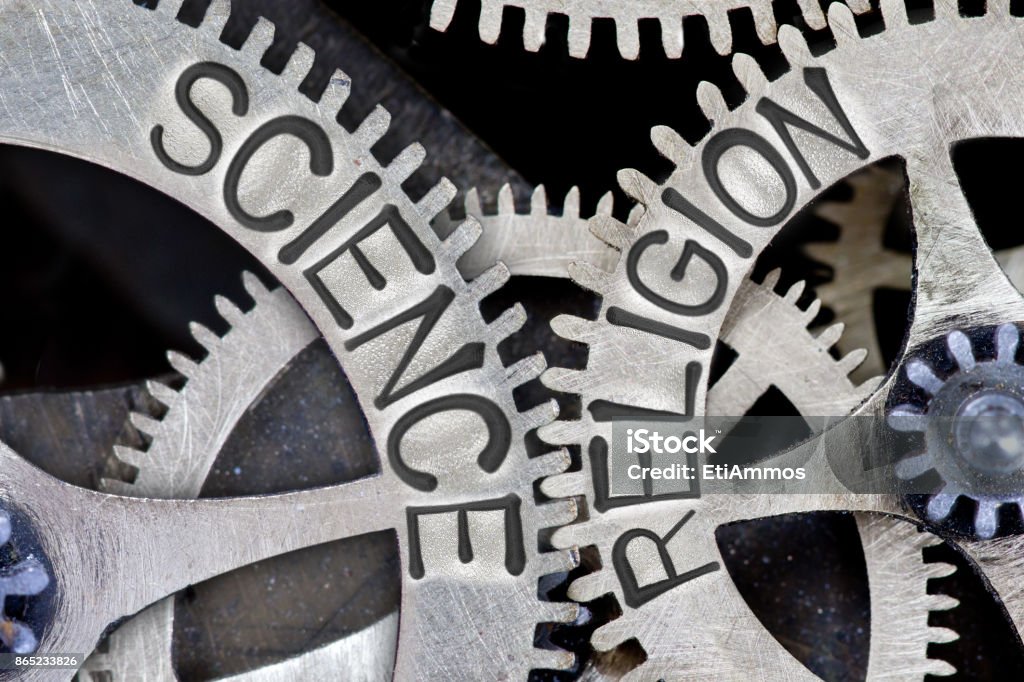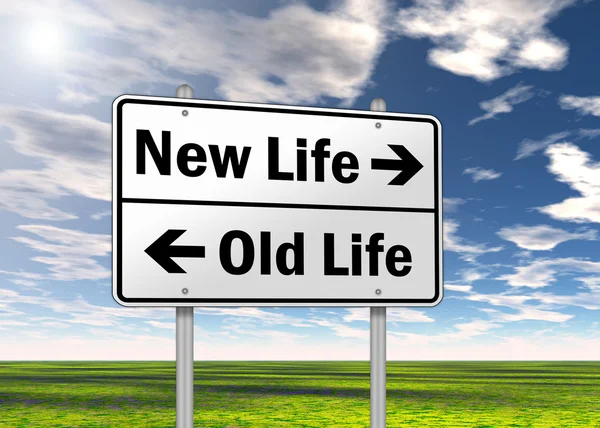
The secretary of the National Reconciliation Committee of the Bishops' Conference in his Catholic Times column introduces readers to Professor Park Han-sik a North Korean expert now teaching in the States.
When people hear the word North Korea, they usually associate images of starving citizens and a dictator bent on provocation. The fundamental reason why peaceful resolution of conflicts on the Korean Peninsula is difficult is the lack of mutual trust. Even those who acknowledge the value of dialogue and respect for peace often do not consider North Korea open to compromise. It is because they believe that they cannot and should not communicate with the ‘devil’.
Professor Park Han-sik is a fascinating scholar who has been challenging "prejudice" against North Korea for over half a century. Born in Manchuria in 1939, Professor Park grew up experiencing the violence of war from an early age. After experiencing China's civil war and the Korean War, he graduated from the Department of Political Science at Seoul National University and went to the United States to study at the American University (Master's degree) and the University of Minnesota (PhD). He has been teaching international relations at the University of Georgia for 45 years, and studying Korean Peninsula issues.
The professor's unique career lies in his 50 or so visits to North Korea. He has facilitated numerous official and informal dialogues between North and South Korea. In 1994, he brokered Jimmy Carter's visit to Pyongyang to resolve the North Korean nuclear crisis. Professor Park, who also arranged Bill Clinton's visit to Pyongyang in 2009, is also called the "architect for peace between the US and North Korea."
Some say that the North Korean nuclear issue had to be resolved by force at the beginning, but military methods require serious consideration. According to classified documents that were declassified in December 2017, as a result of simulations conducted by the US Department of Defense in 1994, it was estimated that even with a “surgical precision attack,” there was a high possibility that it would develop into an all-out war.
Recently, the Catholic Northeast Asia Peace Research Institute published an English translation of Professor Park Han-sik's memoir: 「Quest for Peace」. It was previously published in Korea. The book is distributed through Amazon's online bookstore and will provide English-speaking readers around the world with an updated perspective on the North Korea and the Korean Peninsula issue.
In order to achieve peace on the Korean Peninsula through peaceful means, change is necessary. North Korea must change, but our perspective on North Korea must also evolve. Only then can North Korea really change.




